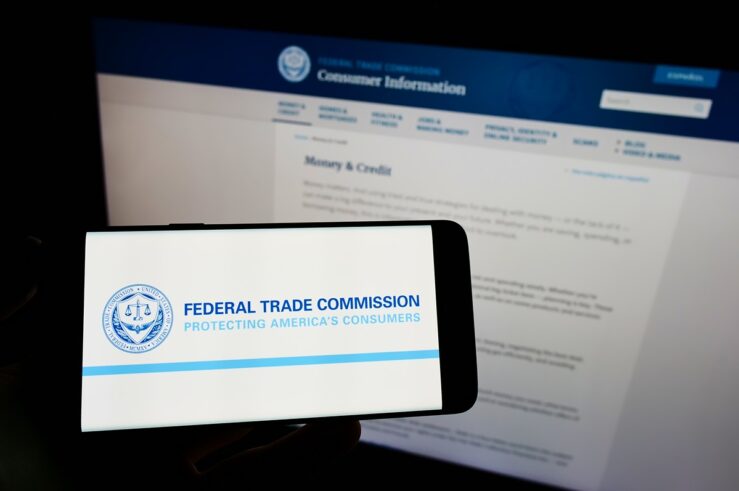Bloggers have had much to say about the DC Circuit’s proxy access decision. Of special note is our own Jay Verret and Steve Bainbridge, who adds a useful roundup. I have a few additional comments.
First, I want to pick up on Jay’s comment that the decision shows the SEC “is an agency with too many lawyers and not enough economists.” Indeed, the court emphasized that
the Commission inconsistently and opportunistically framed the costs and benefits of the rule; failed adequately to quantify the certain costs or to explain why those costs could not be quantified; neglected to support its predictive judgments; contradicted itself; and failed to respond to substantial problems raised by commenters. * * *
The court condemned the SEC’s disregard of rigorous empirical evidence, noting its failure to utilize “readily available,” evidence of expenditures in proxy contests, and to appropriately weigh the Buckberg-Macey study of the negative effects of electing dissident shareholder nominees.
The court also criticized the SEC’s dismissal of the possible effect of 14a-11 in distracting management by noting that managers already need to incur such costs because of shareholders’ exercise of their state law rights. The court said: “As we have said before, this type of reasoning, which fails to view a cost at the margin, is illogical and, in an economic analysis, unacceptable” (citation omitted).
Second, the opinion highlights the importance of comments and dissents given rising judicial distrust of the SEC (here’s more on that). This is indicated by the court’s citation of the Buckberg-Macey report noted above, and its reference to the Paredes and Casey dissents to 14a-11. Even if the Commission’s decision might seem to be a foregone conclusion, the fact that the SEC is now essentially in judicial receivership means that these expressions of views will be heard in another venue. There’s also the (possibly slim) hope that the SEC majority will get the message and start listening to such views.
Third, it is worth noting the court’s holding “that the Commission failed adequately to address whether the regulatory requirements of the ICA reduce the need for, and hence the benefit to be had from, proxy access for shareholders of investment companies, and whether the rule would impose greater costs upon investment companies by disrupting the structure of their governance.” I have shown why it is a mistake for federal regulators to treat investment companies like ordinary state-created business associations instead of the misshapen creatures of statute that they are.
Fourth, and perhaps most important, is the court’s concluding remark that its holding striking down the rule on other grounds left it “no occasion to address the petitioners’ First Amendment challenge to the rule.”
I have previously discussed the First Amendment argument in this case. My recently published article, The First Amendment and Corporate Governance, covers the potential implications of Citizens United for regulation of corporate governance and commercial speech generally. Suffice it to say for present purposes that regulation of speech under rules like 14a-11 is vulnerable to a First Amendment challenge. After CU, it is no longer possible to dismiss this speech as merely “corporate” or internal corporate governance speech. It may be, at least in some cases, part of the political debate that must be heard regardless of the identity of the speaker and the direct audience.
Indeed, I suspect that the court’s strong language about the arbitrariness of 14a-11 may have had something to do with its desire to rest its holding solely on that ground. This court got to avoid the First Amendment can of worms, with its uncertain implications for the validity of regulation of truthful speech under securities and other laws (lawyer regulation?). But after CU courts will not be able to avoid this argument forever.




